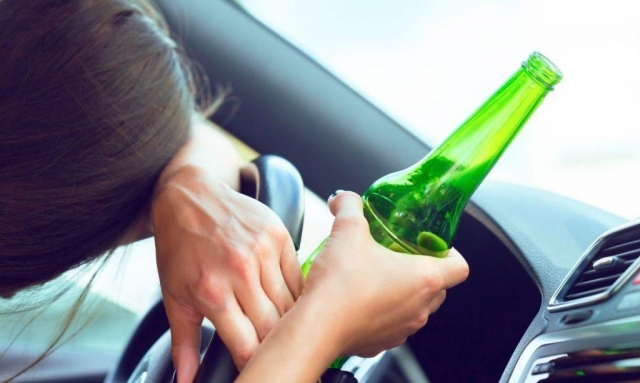DUI stands for Driving Under the Influence. It means someone is behind the wheel after drinking alcohol or using drugs that affect their ability to think clearly, focus, or react on time. In most places, this means having a Blood Alcohol Content (BAC) over the legal limit, usually 0.05 or 0.08, depending on the local laws. Even if they don't feel drunk, their body is slower, their brain is foggy, and their judgment is off.
This is dangerous because driving already requires your full attention. You need to make fast decisions, react to what's happening around you, and stay alert at all times.
A DUI accident can flip your life upside down, and the effects don't just go away after a few days or weeks. For victims, it can mean long-lasting physical pain, emotional struggles, financial pressure, and even changes in how they live every day after a drunk driving accident.
Physical Effects on the Victim
One of the first things that victims deal with is physical injury. These injuries can be serious. We're not just talking about a few bruises or cuts. In a DUI accident, you might suffer from:
- Broken bones
- Head injuries or concussions
- Spinal cord damage
- Internal bleeding
- Long-term disabilities like paralysis or chronic pain
Depending on how bad the crash is, you might need surgeries, physiotherapy, or long-term care. Recovery could take weeks, months, or longer. Some people never fully recover physically.
Emotional and Psychological Impact
The emotional aftermath of an accident on the victim usually takes a backseat, even though it should be given just as much relevance.
Being in a crash caused by someone else's reckless behavior can leave you feeling helpless, angry, or scared. Many victims deal with:
- Anxiety, especially while driving or riding in cars
- Flashbacks or nightmares about the accident
- Post-traumatic stress disorder (PTSD)
- Depression or emotional numbness
Some people even completely withdraw from social situations, lose interest in things they used to enjoy, or develop new fears. Emotional recovery takes time and, in many cases, requires professional help.
Financial Burden
Whether you like it or not, finances become a huge part of the recovery process. When you're injured in a DUI accident, costs start adding up fast. These can include:
- Ambulance fees
- Emergency room treatment
- Surgeries
- Physiotherapy
- Medications
- Mental health support
- Follow-up appointments
- Assistive devices like crutches or wheelchairs
If your injuries stop you from working, that means you're losing income too. And if a family member has to take time off to look after you, that's another financial hit.
Insurance can help, but getting the compensation can take time, and sometimes they don't even cover everything. It's a stressful situation trying to focus on healing while worrying about bills and lost wages.
Impact on Relationships and Daily Life
After an accident, it's not just your body and mind that go through a change. Your relationships can suffer too. You might not be able to do the things you used to do with friends or family.
You might become moody, distant, or irritable because of pain, frustration, or emotional distress. That can cause tension or misunderstandings with people close to you.
In some cases, friends may drift away because they don't know how to support you. Or family members might become overwhelmed by the pressure of taking care of you while also handling their responsibilities.
Simple daily tasks can also become a challenge. Things like getting out of bed, cooking a meal, or going to school or work might feel exhausting. You may need help just to get through the day, and that loss of independence can be hard to cope with.






